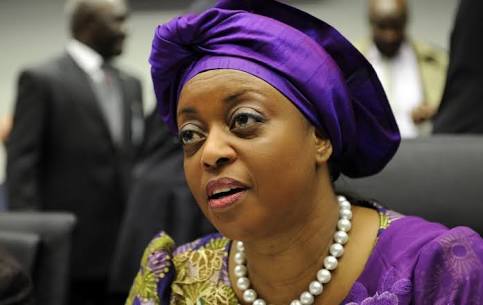A firm that produces individual cost of living and rental accommodation cost reports for cities, Mercer, has ranked Lagos as the fourth most expensive city in Africa among those surveyed.
Although in comparison with other cities in the world, Lagos, Nigeria’s economic hub continues to remain attractive for foreign investments despite being one of the most expensive cities in Africa.
Mercer’s 25th annual Cost of Living Survey showed that currency fluctuations, cost of inflation of goods and services, and volatility in accommodation prices are among the factors that contribute to overall cost of expatriate packages for employees on international engagements.
Lagos moved up 17 points from last year’s ranking, as one of Mercer’s top five most expensive cities in Africa. Ndjamena, Chad (11), Kinshasa, Democratic Republic of Congo (22) placed second, rising 15 points, while Libreville, Gabon (24) ranked the next African city on the list, followed by Lagos, Nigeria (25).
In spite of dropping about 20 points, Luanda, Angola (26) still remained in fifth position.
Principal Leader – Africa Mobility at Mercer, Yolanda Sedlmaier said: “Each African country has its unique economy and this is why multinationals need not approach their expatriate packages for Africa with one single strategy. “While N’Djamena in Chad has been listed as the 11th most expensive city in the world, Mali comes in at the 124th position in terms of living costs.”
Mercer’s 2019 Cost of Living Survey indicated that eight of the top 10 global most expensive cities for expatriates are Asian cities, resulting from high costs for expatriate consumer goods and dynamic housing market. Tokyo ranked 2, Singapore (3) and Seoul (4) atop the list, while Hong Kong (1) remained the costliest city in the world for the second year.
Other cities among the top ten are, Zurich (5), Shanghai (6), Ashgabat (7), Beijing (8), New York City (9) and Shenzhen (10). The world’s least expensive cities for expatriates are Tunis (209), Tashkent (208) and Karachi (207). Mercer’s widely recognised survey is said to be one of the world’s most comprehensive and is designed to help multinational companies and governments determine compensation allowances for their expatriate personnel.
Survey: Lagos rates fourth most expensive city in Africa






